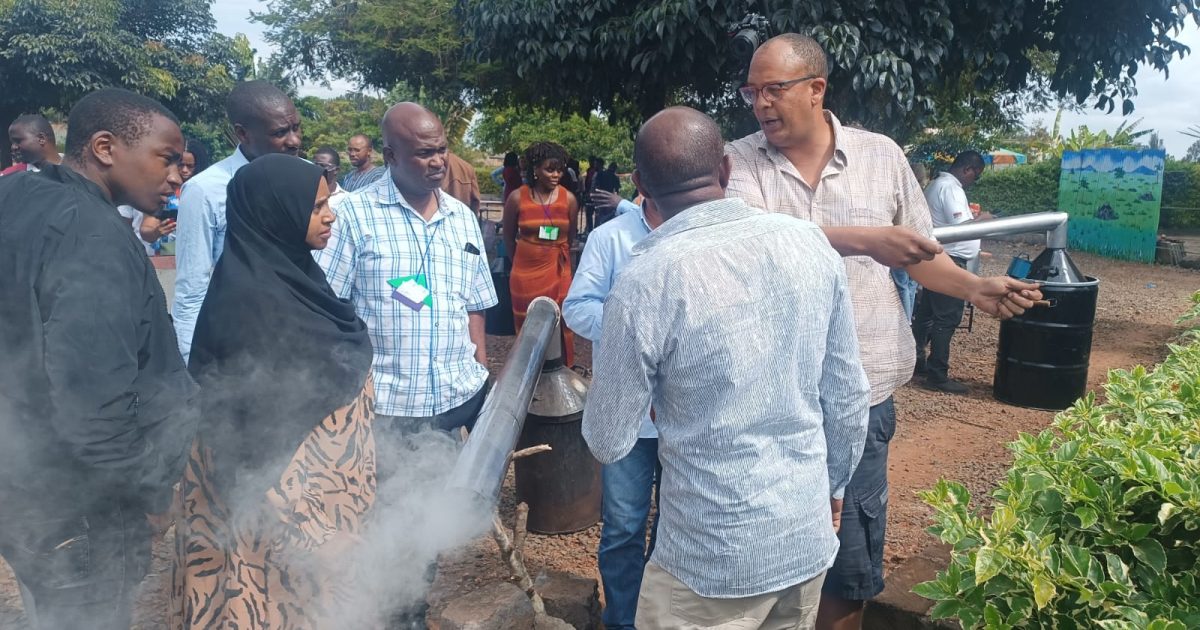Farmers have been urged to embrace the production and application of biochar on their farms to boost crop production while at the same time conserving the environment.
Experts and industry players who attended a one-week biochar academy organised by the International Biochar Initiative (IBI) and the Circular Bio-nutrient Economy Network (CBEN) to discuss how biochar production and application can be upscaled explained that biochar is a type of charcoal that is produced from organic material such as wood, crop residues, or manure in a low-oxygen environment through a process called pyrolysis.
Samuel Thuo, a CBEN official, explained that unlike regular charcoal, which is typically used as fuel, biochar is primarily used in soil amendment to improve soil health and carbon sequestration, because it retains high levels of moisture in the soil, increases the flow of air in the soil, adds carbon and increases the retention of nutrients such as of phosphorus and nitrogen, while allowing microbial activities that stimulate plant growth.
Thuo, who was speaking at a Murang'a hotel, said IBI and CBEN organised the biochar academy for stakeholders representing 40 companies from 14 countries around the globe so that they could take part in consultations and practical demonstrations on producing biochar using agricultural waste.

